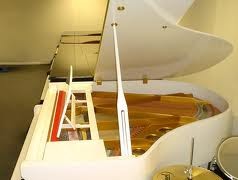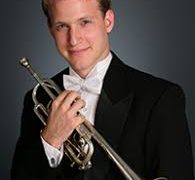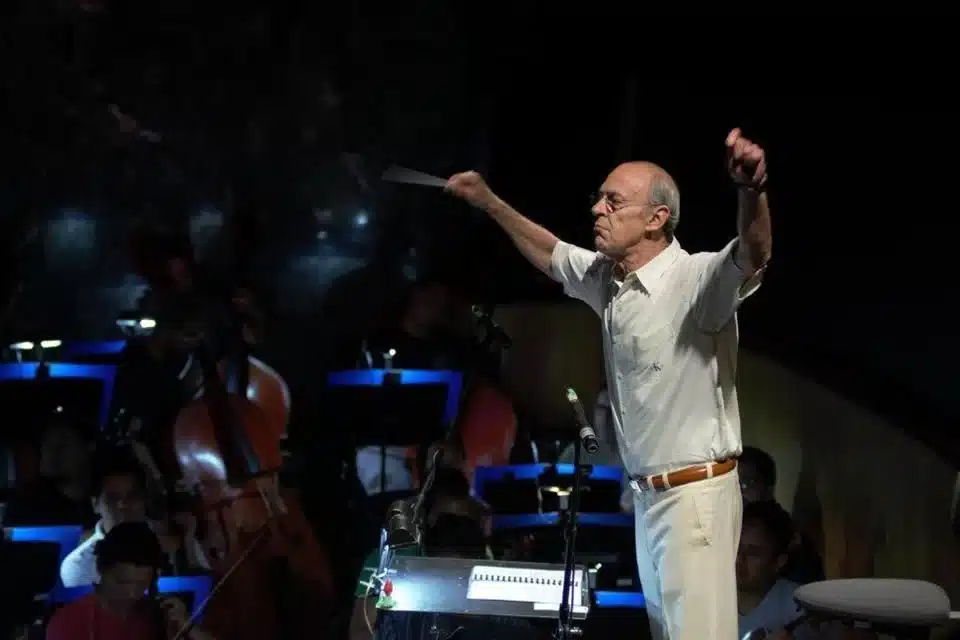Gustavo Dudamel: ‘I believe in the right of people to protest’
mainIn a soft-talk conversation on Times Talks, the Los Angeles Philharmonic music director talked briefly about political events in his country.
This is Gustavo, verbatim:

56:15 It is a difficult time in my country. I can say first of all that I believe in the right of people to protest because this is a right.
1:02:30 I condemn violence – from wherever it is coming from. We will not solve our problems with violence. This is something that we have to think not only about a community, a country, but for our world. We are only living in one world. My life changed when I had a child. Now, the “for me” disappears because I see the eyes of my child. For him, I want to build the best world I can build for him. I do this through music. Music is my instrument. When we play for an audience, in my country, they think differently. The people in the audience have different social positions, different religions, but when we are playing, they are united. The Sistema in Venezuela is a symbol of this unity.






Finding himself in a completely impossible position, I think Dudamel is doing the right thing. If he comes out on the side of the opposition, Maduro could easily cut funding to El Sistema, and hundreds of thousands of children stand to lose their instruments, which is no small matter. For many of the students in El Sistema(though not all) the time spent in rehearsal is time that is not spent on the incredibly dangerous streets of Venezuela.
Do I wish that Dudamel would come out forcefully for the protesters? Of course, but in the long run, what difference would it make, other than to inflame Maduro and cause him to revoke state funding for El Sistema?
^This^.
Thank you, Anonymous.
Americans have a dilemma. A famous conductor has openly shown his support for Chavez by cancelling concerts in L.A. to attend his funeral. In addition, Sistema has long had close links to Venezuela’s socialist government. And not surprisingly, the ethos of Sistema has a fairly strong socialist character in itself.
So now Americans have to construct some excuses and half truths about this embarrassing situation. Dudamel is not speaking out so that Sistema will not be put in danger – they righteously declare with a few crocodile tears. The rest of the story, about Dudamel’s fairly obvious allegiances, they’ll leave discretely unspoken.
This also hints at why Sistema will never achieve the same results in the USA. It stems from a communal, if not socialist, state-funded system directed toward the poor. It is not possible for such a system to exist in the USA without being so altered that it is no longer Sistema. Instead we are getting something adapted to America’s system of cultural plutocracy – i.e. a system adapted to the funding and rule of the arts by the wealthy. The educational and social effects will be much diminished.
It was especially ironic to see Anne Midgette in the Washington Post dance around the Dudamel embarrassment. Her step father is a wealthy oil tycoon – a group of folks especially interested in regime change in Venezuela. The comical, faked concerns in all of this could make a great Rossini opera.
Mr. Osborne, you are mistaken about why El Sistema won’t work here is the States.
Simply, Mr. Abreu created El Sistema as a private and voluntary movement. No bureaucrat can re-engineer it from the top down. Castro or Mao would have never thought up an El Sistema.
Private ? with public funds that also work in partnership with other american institutions,in which planet are you Pete?
Like I said. Mr. Abreu begin El Sistema has a private and voluntary movement. It was until the program showed success that it began to be funded by the government.
The best-marketed mediocrity of his generation, Dudamel’s political views are no more important really than, say, Barbara Streisand’s or, for that matter, those of any other performing (or not performing) artist. To the extent that there is a scandal, it is that music critics—those who want to continue being invited to the party—keep giving this relatively crude musician a “pass,” just as they did, for SO many years, to Seiji Ozawa.
I agree with your comment
I suppose he has to be careful as, when Montero spoke out against the regime, she ended up getting death threats!
I don’t understand why the conversation on this blog always begins with the assumption that Dudamel is secretly sympathetic to the anti-Maduro protestors, and then tries to auger the reasons he holds his tongue. There is no reason whatsoever to believe this. Those who know his private feelings certainly relay that he is a committed Chavista who will not tolerate criticism of the regime, but look only at his public actions at Chavez’s funeral: He had a perfectly valid excuse to send his regrets, being in the middle of a subscription weekend, but chose not just to leave the LAP in the lurch in the midst of the weekend series, but gladly served as pallbearer and wept openly on Maduro’s shoulder. These are not the actions of one who is ambivalent, no matter what tortured excuse some may try to find, and there are many similar actions and statements in his prior public history. He has clearly chosen to make himself a symbol of that government because he supports it.
However that is his right, and it is perhaps understandable that he would support a government that has done so much for him and those closest to him. He does not owe the world an explanation of his support, only his fellow Venezuelans. History will judge him perhaps, but history has a habit of picking and choosing which unsavory alliances it recognizes. Thus Strauss, protecting his Jewish daughter in law and grandson is a ‘collaborator’ while Karajan, who joined the Nazi party twice just to make sure they knew, is a ‘statesman’.
Dudamel doesn’t owe the world an exposition of his politics, and I for one, don’t care to hear it. His (rumored and apparent) support of Maduro is not surprising given his personal circumstances. If anything, I believe it is the outside supporters of the Chavistas, like Sean Penn and Oliver Stone, who are the ones who owe a public debt to the Venezuelan people now under attack by their own government.
You’re not the only one who doesn’t want to hear Dudamel’s “exposition of his politics. ” The patricians who fund classical music in America don’t either. Dudamel has a cork in his mouth the size of a watermelon. Amusing to see the panic when when a leftist Latino is let loose on the virgin soil of America’s classical music scene.
I was thinking about my comment here, but Osborne and anonymous made it much better than I would be able to do. I just want to say thanks.